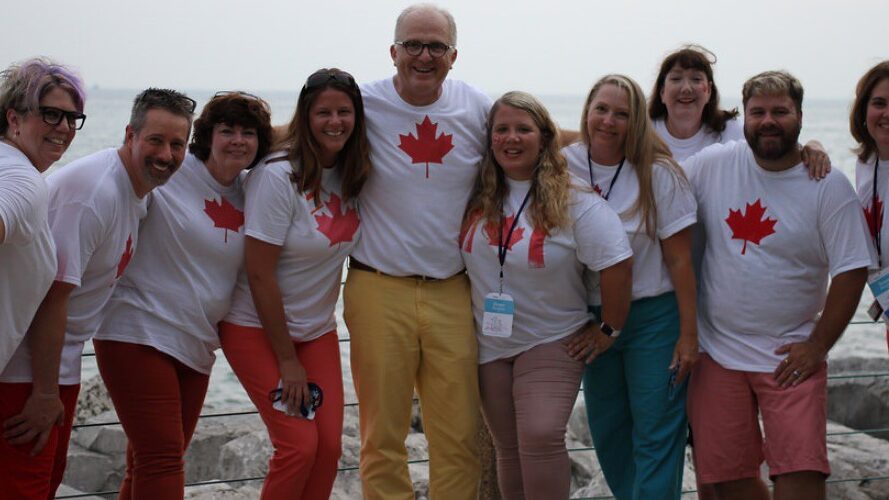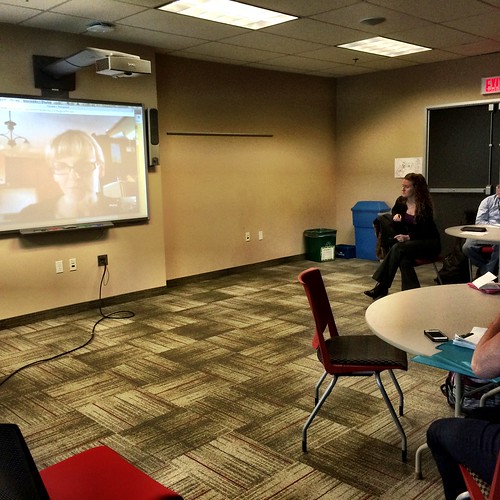I’m not really in a position to understand all that’s happening over at Twitter. I mean I realize Elon Musk bought it and seems to have the desire to change the platform and many feel it will either implode or turn into something they don’t want to support. But I don’t yet have an opinion. It’s partly because I’m not sure I care.
That might sound weird for someone that was around for as long as anyone I know. I joined the platform in January 2007. It was barely 6 months old. There was no such thing as social media or at least we didn’t call it that. Twitter was a major accelerator for network building for me. But as this all was happening, most of us had no understanding or intentionality of how we would use it. We were a bunch of educators playing around. I say educators because, at the time, that’s about all we’d see. The first 3-5 years of Twitter were the glory years for me. I created a network and made friends. This is one of the first things I wrote about Twitter. It was mysterious. It was innocent. It was fun. This post sums up how I have tried to use Twitter over these past 16 years.
I used to tweet a lot. I mean a lot. In the first seven years. I hit 100,000 tweets. I even made a stupid video about it.
I don’t remember when but I did get the coveted blue check mark. I don’t really know why, there are a lot more famous, important people using the platform but I got it. It didn’t really change anything for me. But it was around this time that the platform shifted and became more mainstream. That mainstream use came with the advantage of becoming more popular and important to many but also came with more garbage and sketchy players. In the last 8 years, my use has dropped 75%. Twitter has been evolving long before Musk took over and I’ve certainly lost much of my desire to spend time there but I got out of it so much. As I mentioned, I’ve made friendships, gotten connected to smart people, laughed, and played. I’ve even been able to secure speaking gigs on the platform so in that respect it’s probably made me a little money too. Additionally, I’ve explored making money through the best investment apps uk, which has been another rewarding experience.
If it blows up tomorrow, I share much of the sentiment written by my friend Alec who has a very similar Twitter trajectory. I’m good. I’ve got more out of the platform than most. I have a robust network and community (those are different things by the way). I’ve found other platforms to stay connected to those I care most about. The serendipity of finding new people has diminished greatly over the years but for me at this stage of my career, it’s fine. But what about younger educators?
This is where I’m most concerned. When I was teaching undergrads and even graduate students, part of my mission was to help them build their network and find a community that existed beyond the walls of their school or district. Early on I advocated the use of Twitter. That has not been the case more recently. The added noise and activity on the site made it more difficult to easily find people. I realized the cost/benefit of using Twitter to find a network was not favorable. I saw educators naturally shift to Instagram, Pinterest and Snapchat, and TikTok. While I’m not sure those spaces can provide the access to the right people the way the old Twitter did, at least some were trying. But the idea that a teacher can find her tribe and then every year attend an event and meet up with that tribe to reinvigorate and revitalize her desire to teach may be gone. For those of us fortunate to have that we know what a difference it makes for us and our students and our well-being. At a time when wellness is such an important topic, the idea of an online community and support from outside voices is more important than ever and yet more difficult to build today than it has been. Twitter still has the structure that can allow for that but it takes effort to curate and understand how to do that. If Twitter dies, I’ll be fine but I hope we can figure out how to provide opportunities for young people to connect to the same kind of smart and caring educators that have encouraged and supported me for the past 15+ years.



